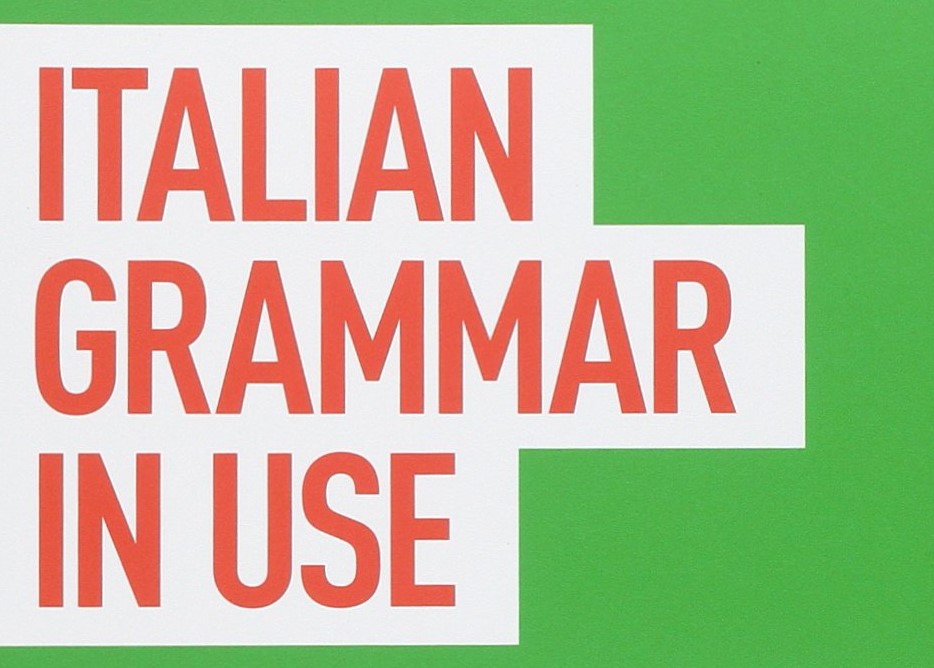
 Giulia Casati for Italian School NJ
Giulia Casati for Italian School NJ
Italian language: If you want to learn Italian, use it!
- WTI Magazine #132 Oct 24, 2020
-

 Giulia Casati for Italian School NJ
Giulia Casati for Italian School NJ
Grammar time! This time I want to talk about full sentences and teach you how to create an if clause in Italian, or at least give you an intro to it. Since there are many types of if clauses and just one article is too short for all of them, this time I’ll introduce the type of conditional sentences that can be used to talk about real situations. Let’s begin!
The if clauses that we all use to talk about real situations are those in which the hypothesis or the condition you are creating is likely to happen or, in any case, something possible. In English it would be something like: If it rains, I won’t go to the park. In Italian, when creating a sentence like this you need to know 5 important things: how to say “if,” the present tense (indicative mode), the future tense (indicative mode), the passato prossimo, and the imperative.
The first part is really easy. “If” is se (pronounced “seh”). Like in English, you can start your sentence with se or use it in the second part. Right after se you can have a present or a past according to when the condition takes place. Don’t worry, it’s just like in English. For example, if you want to say “if you (plural) wait…” in Italian, you’ll use the present: se aspettate. If you want to say “If you did your homework…” in Italian, you’ll use the past (passato prossimo): se hai fatto i compiti.
In the second part of the sentence, in the main clause, you can have present, future, or imperative depending on what you want to say. Remember that in Italian you can often use the present to speak about the future! Let’s look at a couple of sentences. “If you wait, I’ll come with you (plural).” This sentence can be rendered with a present tense: Se mi aspettate, vengo con voi. Or with a future tense: Se mi aspettate, verrò con voi. Using the present tense makes it a bit more colloquial and natural in an oral conversation. Let’s look at a sentence that starts with the past: “If you did your homework, we’ll go to the park.” Again you can choose present or future: se hai fatto i compiti, andiamo al parco (present) or se hai finito i compiti andremo al parco (future).
Your other option is “if + present, imperative.” The imperative tense is used to give orders and strong suggestions. An example is: If it rains, take (you plural) an umbrella! In Italian it would be: se piove (present tense), prendete (imperative - voi) l’ombrello! Or again: “If you want to leave, go!” Se vuoi andar via, vai! Don’t forget that the imperative in Italian can be a little tricky and it has quite a few irregulars, like the verb “go”, which I just used which in Italian is andare, but its imperative form is vai.
I know it might seem intimidating because it involves a lot of verb tenses, but the more you use them, the easier they’ll come to you. So don’t be afraid, if you want to say something, (se volete dire qualcosa), just say it! (ditelo!) There’s no better way to learn a language than experience and lots of mistakes.